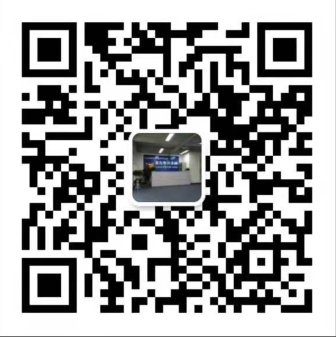试题情况:
用单词的适当形式填空
难度:中等
小编建议:
容易混淆的名词
5.there be/have/own
there be/have/own
①there be表示某处(或某时)"有"(某人或某物),表示客观存在之“有”。
②have是常用词,表示所属关系,是“所有”之“有”。
③ own指合法地拥有某物,强调具有法律上的所有权。
6.answer/reply
answer/reply
这两个词都可作“回答”讲,但用法有所区别。
reply为正式用语,多指经过考虑的、有针对性的、详细的回答,常用作不及物动词,和介词to连用,其宾语为名词或代词,这时可以与answer互换;
answer既可作及物动词,又可作不及物动词,常指口头或书面的回答,是一般用语。如:
The old man smiled before he replied to my question.
老人在回答我的问题前笑了笑。
I cannot answer you now. 我现在不能回答你。
How shall I answer? 我该怎样回答?
值得注意的是,answer可引申为“应答”之类的意义,这时不能用reply来代替。如:
answer the door (门铃响了)去开门
answer the telephone 接电话
真题模拟:
1,many trees________(plant)on the hills around the village
2,a lot of trees_________(cut)down each year for firewood
3,the young trees_______(leave)to grow even taller
4,in the past,people had to walk many kilometers to fetch wood when no trees_______(leave)
around the village
5,without trees,the soil on the hills______(carry away)down the hills and into the rivers.
6,no young trees in the forest________(allow)to be cut down
7,no people________(allow)to cut down any trees when they are not big enough.
参考答案
1.were planted
2.are cut
3.are left
4.were left
5.were carried away
6.is allowed
7.is allowed



